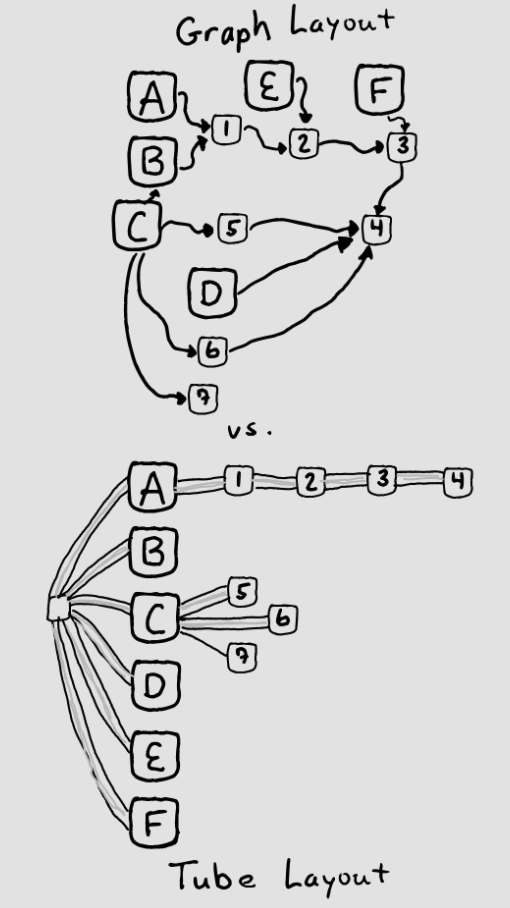🛠️ Asembling a Code Playground ⌨️ Tile-based Editing 📢 WikiFunctions is Hiring 📡 Signal Towers
Two Minute Week
💻 haskell.org/package/strong-path via Martin Sosic
Getting back to weekly updates!
Last week in Wasp:
- We published our first open-source Haskell package: strong-path - Support for strongly typed paths in Haskell!
- Started work on demo app that is a copy of Trello: Waspello 😄
- Our amazing contributor (and now our summer intern) Craig created first PR for new version of Wasp DSL, where we are making significant progress

[x] Change Month and Week Number
[x] focWeekExport 2021-04-19 2021-04-26
[x] Summary
[x] Hashtags
[x] Check that comment links work (push weekly dump with channel summaries)
[x] Check to mention right person for moved messages
[x] Update Search Index
[x] Download New Attachments
https://tinyletter.com/
https://tinyletter.com/marianoguerra/letters/
http://localhost:8000/history/
https://marianoguerra.github.io/future-of-coding-weekly/
https://stackedit.io/